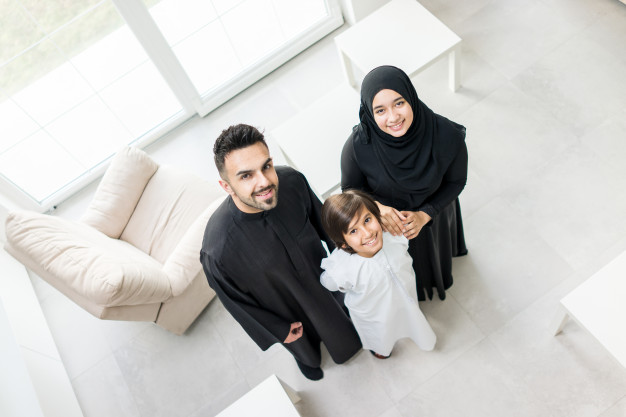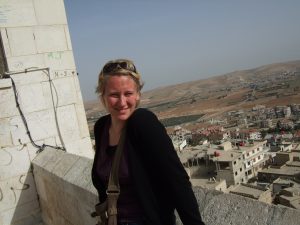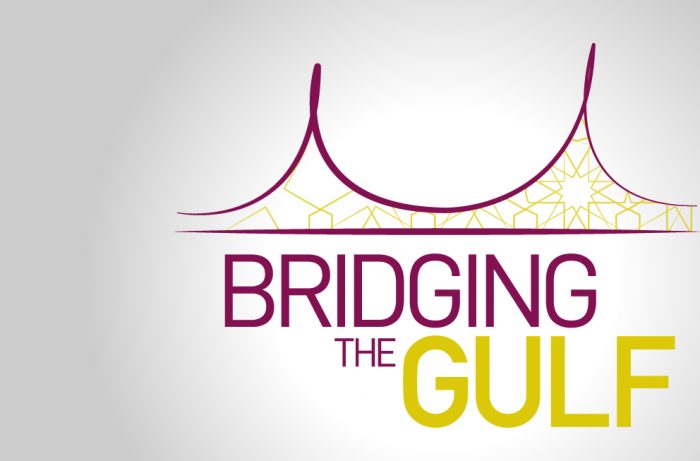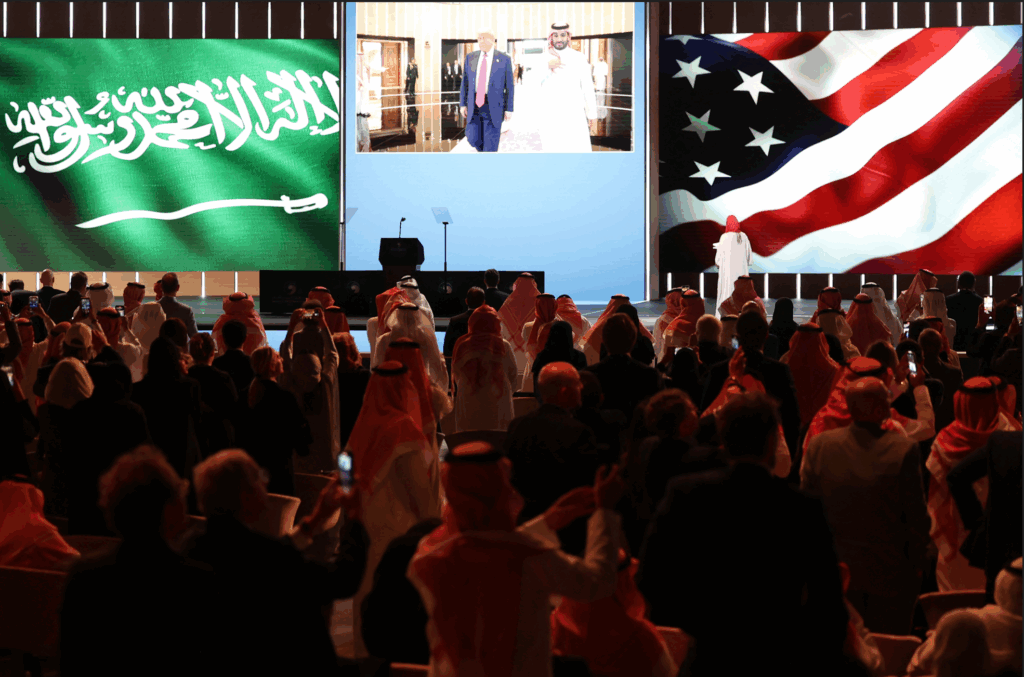
- 29 Nov 2018
[Transsystemic Law] All in the Family: Muslim and Christian Family Law Practices in Syria
[This event was organised by MEI’s Transsystemic Law Research Cluster as part of their monthly internal seminar series.]
This event was open to the NUS community only but members of the public could email a request to meievent@nus.edu.sg if they were interested in attending.
Abstract
Family relations in Syria are governed by a plurality of religious-based personal status laws and courts. The various religious communities – Muslim, Christian, Druze, and Jewish – have the right to regulate matters of personal status, including marriage, maintenance, dissolution of marriage, child custody, and inheritance, according to their respective religious laws. This plurality of laws and courts has engendered a complex system of parallel, and sometimes competing, jurisdictions which are divided along communal lines.
This presentation drew on material derived from Van Eijk’s PhD fieldwork undertaken in Damascus (2008-2009), which included court observations in three types of personal status courts (a sharʻiyya, a Catholic and a Greek-Orthodox court). She discussed some salient differences and similarities between these courts in terms of legal (and extra-judicial) practices and court procedures. Practices and procedures that have recently, with the migration of Syrian refugees to Europe, also become highly relevant to European governments and immigration services, in relation to issues of family reunification.
About the Speakers

Independent Researcher
Esther van Eijk is an independent researcher based in the Netherlands. She has completed degrees in International Law and Arabic languages and cultures, before finishing her PhD on Syrian family law at Leiden University. She is author of Family Law in Syria: Patriarchy, Pluralism and Personal Status Laws (London: I.B. Tauris, 2016). This study is based on extensive, ethnographic fieldwork in Damascus (Syria), consisting of interviews and court observations in three (Muslim, Catholic and Greek-Orthodox) personal status courts. As a postdoctoral researcher at Maastricht University, Van Eijk worked on research related to religious marriage and divorce practices in the Netherlands. Four days a week she works as a project development & policy officer at a Dutch NGO (SIPI) in Amsterdam. Her work appeared in edited volumes and international journals, including Sharia Incorporated: A Comparative Overview of the Legal Systems of Twelve Muslim Countries in the Past and Present (2010), Family Law in Islam: Divorce, Marriage and Women in the Muslim World (2012), and Islamic Law and Society (2018). She is Board Member and Secretary of the Dutch Association for the Study of the Law of Islam and the Middle East. Her research interests and expertise include Middle Eastern law (including Eastern Catholic marriage law), religious marriage and divorce, migration, gender and human rights issues, both in the academia and beyond.
For more information, see: www.esthervaneijk.nl



